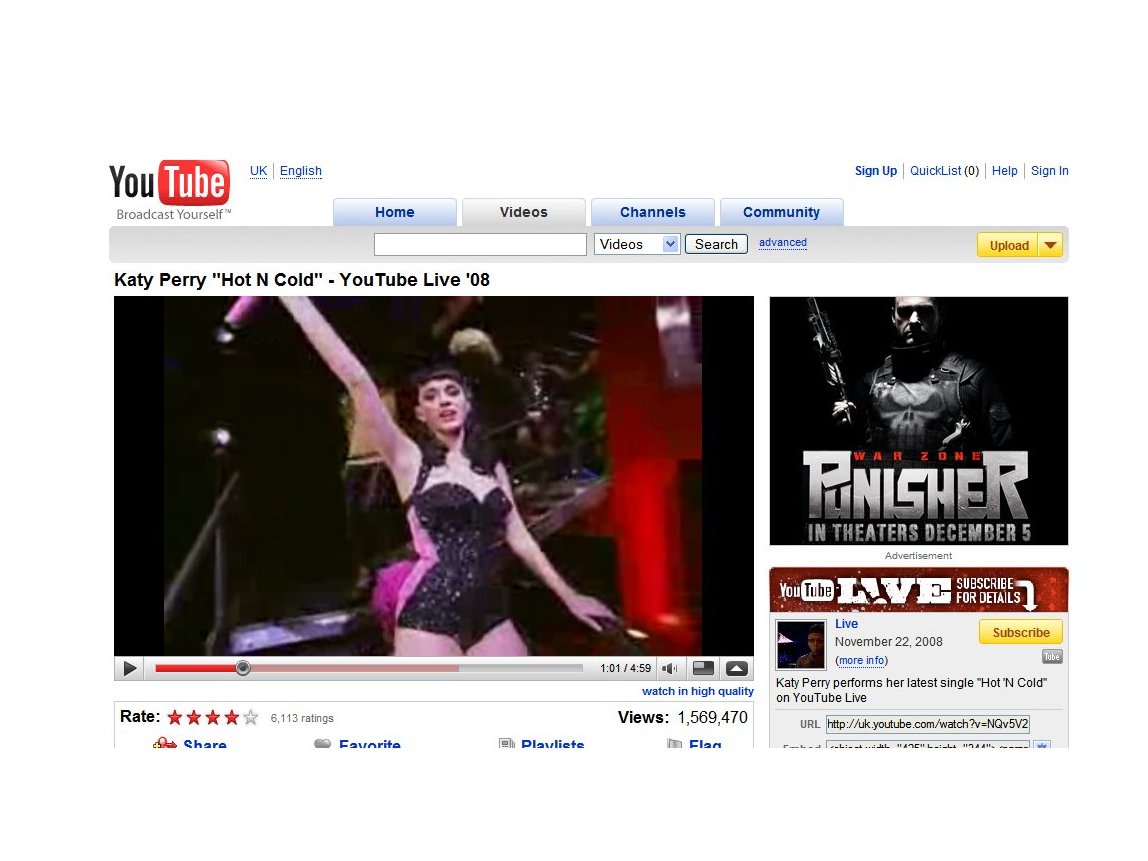PRS cuts music streaming rates by half

The Performing Rights Society (PRS) has announced significant changes to its online charges, which sees the rates that music-streaming services have to pay slashed by more than half.
This is good news for online music sites currently hosting legitimate music content, and could pave the way for YouTube to reverse its recent decision to pull premium music videos from its website.
Stimulate growth
The rates have been officially slashed for per-stream content, from 0.22p to 0.085p – something the PRS thinks will be a boost for musicians.
"We believe these new streaming rates will stimulate growth in the digital music market and will benefit our licensees and our members," explained Andrew Shaw, Managing Director of Broadcast and Online at PRS for Music.
"The Copyright Tribunal established the principle of a per stream minimum to protect creators; maintaining this principle will ensure that writers, composers and music publishers continue to be rewarded every time their music is enjoyed.
"As new entrants join the market and existing providers expand, music creators will reap the rewards by sharing in the success that their talent is generating. This is a good deal for music creators and for music lovers."
Sign up for breaking news, reviews, opinion, top tech deals, and more.
Down the YouTube
YouTube pulled a number of music videos back in March, with the website unable to agree a fee with the PRS.
At the time YouTube said that "under PRS's proposed terms we would lose significant amounts of money with every playback."
It will be interesting to see if the new rates are enough to end the YouTube's current music video drought.
Via Paid Content

Marc Chacksfield is the Editor In Chief, Shortlist.com at DC Thomson. He started out life as a movie writer for numerous (now defunct) magazines and soon found himself online - editing a gaggle of gadget sites, including TechRadar, Digital Camera World and Tom's Guide UK. At Shortlist you'll find him mostly writing about movies and tech, so no change there then.